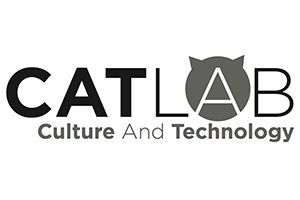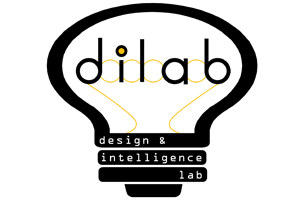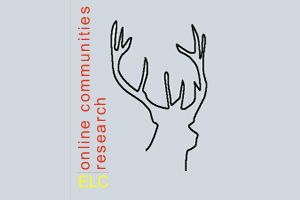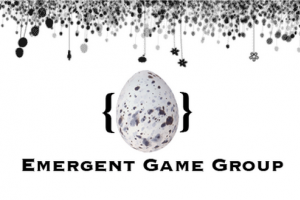|
The Contextual Computing Group (CCG) creates wearable and ubiquitous computing technologies using techniques from artificial intelligence (AI) and human-computer interaction (HCI).  |
The CAT Lab studies how culture impacts the use and production of technology with a focus on learning applications, computer science education and designing new technologies with culture as a point of convergence.  |
The Design & Intelligence Laboratory conducts research into human-centered artificial intelligence and computational cognitive science, with a focus on computational creativity.  |
|
|
Design and Social Justice Studio brings an interdisciplinary group of faculty and students together to examine the experiential and participatory dimensions of digital media and their relationship to establishing and supporting democratic forms of social interaction.  |
The DesigNext Lab focuses on research and applications of emerging interactive technologies in future consumer electronics emphasizing the user experience. We now have more than ten regular members across the Georgia Tech campus as well as a larger group of affiliated faculty and students.  |
The Digital Humanities Lab (DH Lab) explores how digital technologies engage questions of humanistic inquiry.  |
The Digital World and Image Group focuses on two main areas: virtual spaces and real-time imagery gathered from them. We see game spaces and game media as important forms of self-expression.  |
|
The concept that people learn best when they are making something personally meaningful - also known as constructionism - is the lab's guiding philosophy. Computer networks have the potential to facilitate community-supported constructionist learning.  |
The Emergent Game Group {egg} was formed in 2006 by Georgia Tech Digital Media faculty member Celia Pearce to investigate the many facets of emergent cultures in multiplayer games and virtual worlds, and to explore design strategies that promote emergent social behavior.  |
The Entertainment Intelligence Lab focuses on computational approaches to creating engaging and entertaining experiences. Some of the problem domains they work on include, computer games, storytelling, interactive digital worlds, adaptive media and procedural content generation.  |
|
|
We introduce a new area of interaction research, everyday computing, by focusing on scaling ubiquitous computing with respect to time. Our motivations for everyday computing stem from wanting to support the informal and unstructured activities typical of much of our everyday lives.  |
The Expressive Machinery Lab (formerly ADAM Lab) explores the intersection between cognition, creativity, and computation through the study of creative human endeavors and by building digital media artifacts that represent our findings.  |
The Georgia Tech Game Studio is a game design and development organization for facilitating the creation of novel games. The Studio aims to increase the Institute's reputation in the production of original games through commercial success and participation in competitions.  |



